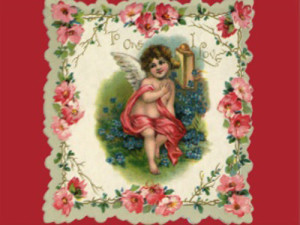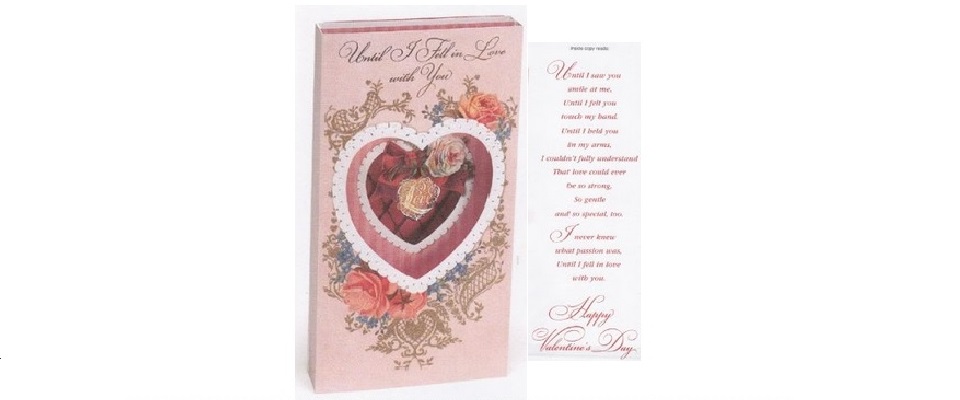The History of Valentine’s Day and Cards
 Celebrating Valentine’s Day is a fun tradition for most of us. A day of love and sharing with those we love. But, where did all of this start? And how did it become a day for love? The answers may surprise you, because believe it or not, Hallmark did not invent this Valentine’s Day.
Celebrating Valentine’s Day is a fun tradition for most of us. A day of love and sharing with those we love. But, where did all of this start? And how did it become a day for love? The answers may surprise you, because believe it or not, Hallmark did not invent this Valentine’s Day.
A Religious Feast Day
The real name for this celebration is the Feast of Saint Valentine. There are several people for whom this day is named. In Christian history, there was a saint named Valentinus who is supposed to have performed forbidden weddings for soldiers. We are talking about ages ago when this started. Days that were in the height of the Roman Empire.
Many countries celebrate February 14th but not all. June 12th is Dia de São Valentim in Brazil while July 6th and July 30th are both honored days in the Eastern Orthodox Church. All are still celebrations of past religious heroes with a name or variation of Valentine.
Valentine’s Day for Love
It was in the Middle Ages in Chaucer court that St. Valentine’s Day became a day for love. Members of the court showed their love for each by giving gifts of flowers and confectionery and sending greetings which became known as Valentine cards. In 1382, Chaucer wrote the first Valentine poem which he printed on a card.
By the mid-1800’s, handmade Valentine greetings were replaced by mass-produced ones. Original greetings were made with plenty of lace and flowers and love poems for the inside verse. The tradition of adding gifts to the cards waited a whole century before becoming popular. In the 1980’s the diamond industry got into the picture. They started promoting jewelry as an appropriate gift for Valentine’s Day.
The Most Romantic Day of the Year
Yes, we all agree that Valentine’s Day is considered the most romantic day of the year. More couples get engaged on February 14th than any other day. But, it’s also a day in the Anglican Church for renewing wedding vows. So the tradition continues and will continue, certainly, for many years to come.




3 Comments
Pingback:
Pingback:
Pingback: